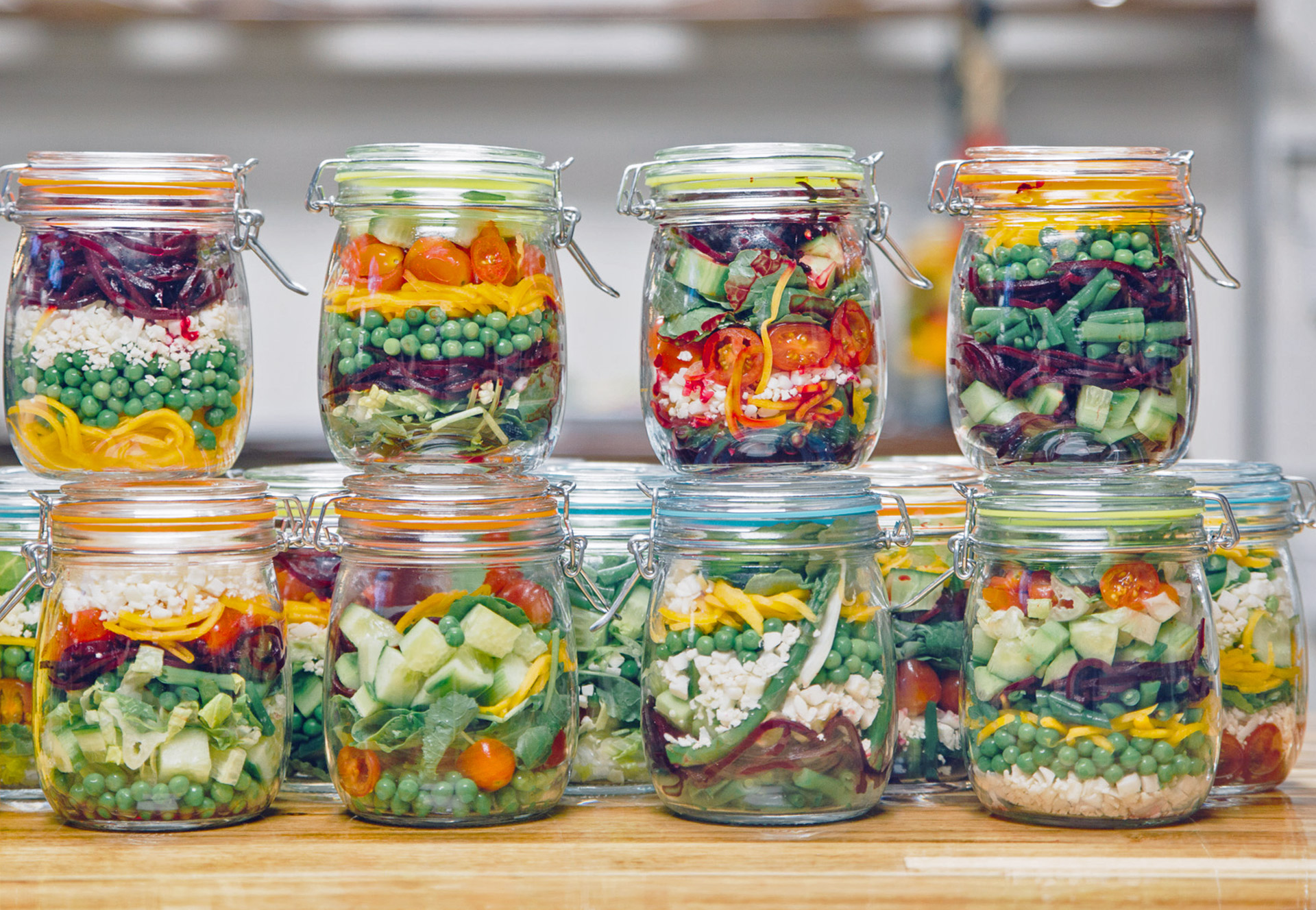If you’re looking to make savvy decisions about your nutrition and health, a great place to start is by taking a closer look at what’s in your kitchen.
One pantry staple that isn’t always well understood is oil, specifically canola, a Canadian-grown cooking oil rich in monounsaturated fats. But does containing fat automatically make an ingredient unhealthy?

Registered dietitian (RD) Abbey Sharp breaks down how canola—and fats in general—fit into the health conversation:
You need some fat in your diet for your body to function healthily. Oils supply fats and calories, and help your body absorb fat-soluble nutrients like vitamins A, D, E and K. But not all oils have the same types of fat, and not all fats are created equal:
The “bad” fats. These raise your low-density lipoproteins (LDL), or “bad cholesterol.” This kind can form plaque on your artery walls and block blood flow to your heart and brain.
- Saturated fats are usually found in meat and dairy, but they’re also found in beef tallow, coconut and palm oil. They can raise LDL cholesterol, so use in moderation.
- Trans fats are the worst for the body and have been banned in Canada since 2018. They were found in foods that used partially hydrogenated fat: many fast foods, shelf-stable bakery products and other processed foods.
The “good” fats. These raise your high-density lipoproteins (HDL), or “good cholesterol.” This can help remove other kinds of cholesterol, like LDL, from your blood and arteries.
- Monounsaturated fats have been shown to improve blood cholesterol. They’re found in plants, such as nuts, peanuts, avocados and olives, to name a few.
- Polyunsaturated fats are essential fats that the body can’t produce. Omega-6 and omega-3, which help keep your brain healthy, are two examples. You can find polyunsaturated fats in fatty fish, nuts (especially walnuts), and seeds (sunflower seeds, flaxseeds).
How does canola measure up? It’s low in saturated fat, with zero trans fat, which helps make it a heart-healthy option. It has both types of good fats, with a favourable ratio of omega-6 to omega-3 compared to most other common cooking oils. It’s also rich in oleic acid, a monounsaturated fat, meaning canola is high in the good HDL cholesterol you want for in an oil.
Knowing the facts is important because when it comes to cooking for family and friends, informed choices matter.







